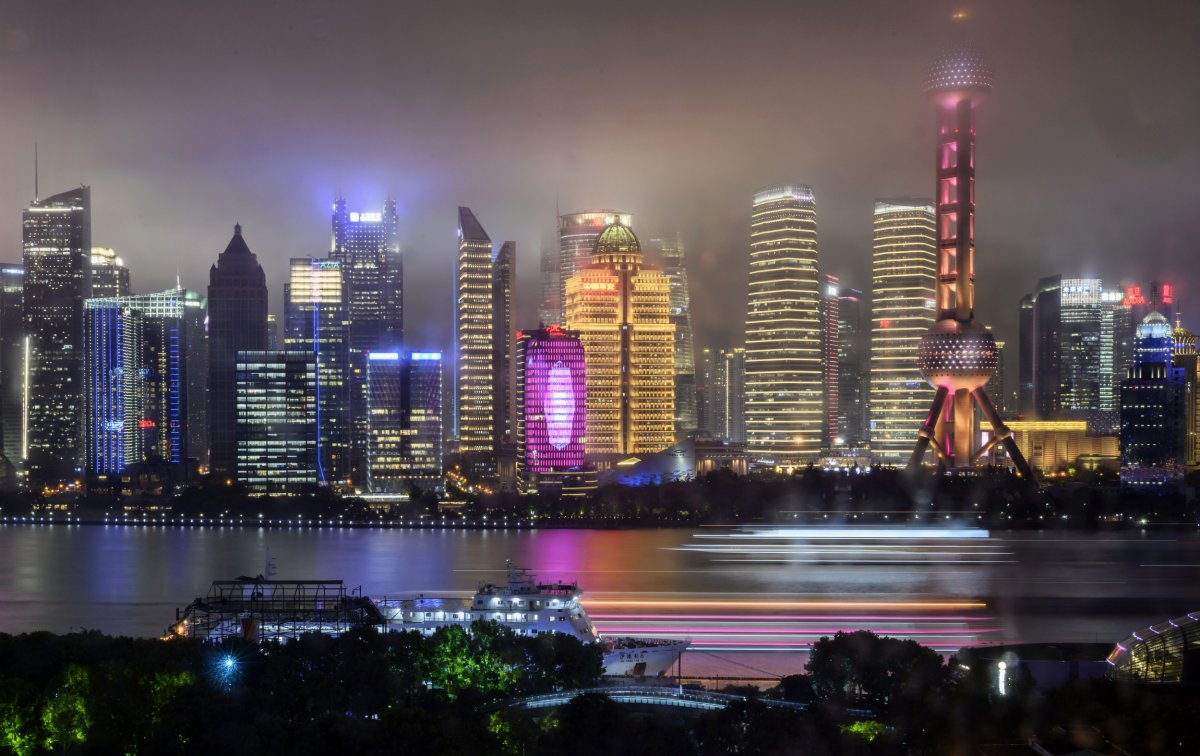This summer, the Chinese Communist Party (CCP) dictatorship eradicated freedom in Hong Kong with its imposition of the National Security Law. While the Trump administration and Congress responded with an executive order removing Hong Kong's preferential treatment, suspending the U.S. extradition treaty with Hong Kong and signing the Hong Kong Autonomy Act into law, U.S. banks have responded by helping launch what is projected to be the largest initial public offering in history (presently estimated to be $30 to $40 billion, or more) for China's Ant Technology Group (Ant Group).
Ant Group is most notably a provider of financial technology that is known for its Alipay platform and is partially owned by Alibaba, the "Amazon of China."
The IPO is expected to launch in October and result in Ant Group securities ending up in the portfolios of tens of millions of unwitting American investors. Goldman Sachs, JPMorgan Chase, Morgan Stanley and Citigroup are among the lead managers of the Ant Group IPO that will be listed on the Hong Kong and Shanghai stock exchanges.
In the wake of the National Security Law, the Ant IPO listing essentially validates the eradication of freedoms in Hong Kong by allowing "business as usual" to continue. As the "Committee on the Present Danger: China" wrote, the success of the Ant IPO "would effectively demonstrate that the CCP is free to impose totalitarian measures on the people of Hong Kong with little, if any, financial or geopolitical consequences."
In addition to turning a blind eye to the suppression of freedom, Ant Group presents noteworthy material risks for American retail investors. Since Ant Group is not being listed on a U.S. exchange, it will not have any oversight by the Public Company Accounting Oversight Board. (Though, to be clear, Chinese companies that are listed in the United States still routinely manage to circumvent U.S. securities laws.) This means even less transparency concerning, and more exposure to, the material risks posed by the Ant Group to American investors.
According to a September report by RWR Advisory Group, LLC, there are serious national security, human rights and "investor protection" risks associated with Ant Group that, while disclosed in technical terms by lawyers, leave out significant context and detail.
For example, in 2018, Ant Financial Services Group (the prior name of Ant Group) attempted to acquire Dallas-based MoneyGram International. The deal failed after the U.S. government opposed the acquisition due to national security risks. Although mentioned in the preliminary prospectus, it was relegated to one sentence.
Moreover, Ant Group and its affiliate Alibaba are investors in, and customers of, artificial intelligence startup Megvii. Megvii supplies facial recognition technology and was added to the U.S. Commerce Department "Entity List" in October 2019 for being implicated in the human rights abuses in Xinjiang.

Additionally, no so-called "private" company in the People's Republic of China is truly independent of the CCP and its interests. Due to the structure of China's totalitarian police state, companies that are favorable to the Party achieve success. As the RWR report noted, "Ant Group would likely not have attained its current state of prominence without the backing of the Chinese government... [which] for the most part, dictates the rules of commercial success."
For these reasons, the "Committee on the Present Danger: China" recommends that Ant Group should be added to the U.S. "Entity List" and—at a minimum—the IPO should be delayed to permit greater security-minded and human rights-related scrutiny. The public has a right to be fully informed of the risks associated with investing in Ant Group in terms it can understand.
There are clearly material risks related to national security and human rights associated with Ant Group and its affiliates. Goldman Sachs, Morgan Stanley, JPMorgan Chase and Citigroup have a responsibility to American retail investors to disassociate themselves from Ant Group due to the unacceptable level of such risks.
The Ant IPO will enter the U.S. capital markets through the unguarded, undisciplined "backdoor" of indexes and exchange-traded funds, exposing unwitting American investors to material risks that have not been adequately explained to them in plain English. It also validates the CCP's crackdown in Hong Kong. Americans should not be subjected to having to passively invest in a "bad actor" company that is advancing the malevolent agenda of the Chinese Communist Party.
To read, hear and watch more of Newt's commentary, visit Gingrich360.com.
The views expressed in this article are the writers' own.
Uncommon Knowledge
Newsweek is committed to challenging conventional wisdom and finding connections in the search for common ground.
Newsweek is committed to challenging conventional wisdom and finding connections in the search for common ground.
About the writer
To read how Newsweek uses AI as a newsroom tool, Click here.








